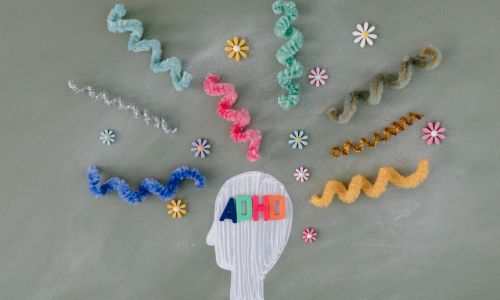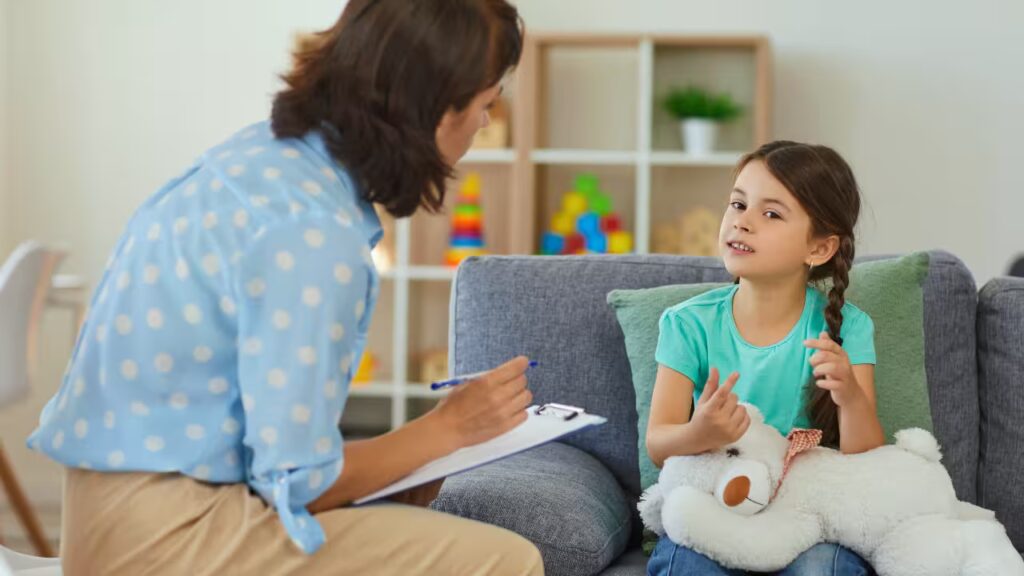When your child is diagnosed with ADHD, or is showing symptoms of an executive function disorder, you will have to make several decisions regarding your child’s care. Learn how Managing ADHD without medication.
After absorbing your child’s diagnosis and consulting with their doctor, you may have chosen to opt out of medication. You may be wondering about what options there are for managing ADHD without medication. Below, we’ll outline some management tips for improving their executive function.
Understanding Your Child’s ADHD Type
ADHD can appear in different forms, and it’s helpful to know which kind your child’s symptoms align with in order to better understand how to manage those symptoms and behaviors. Below are several types of ADHD:
- Inattentive ADHD: This type of ADHD is characterized by a lack of attentiveness. It can cause your child to be easily distracted in many settings, including school. This type does not include hyperactivity or impulsivity.
- Hyperactive and/or Impulsive ADHD: While a child can remain attentive and focused with this form of ADHD, they will have episodes of hyperactivity and may be much more impulsive in their actions.
- Combined ADHD: This is the most common form of ADHD. It includes all of the behaviors associated with the aforementioned ADHD types.
Girls are slightly more likely to have the inattentive form, which adults don’t always associate with ADHD. The diagnostic criteria are based on behaviors found in boys, meaning girls may be less likely to receive a timely diagnosis.
4 Tips for Behavioral Management
If you’ve decided to treat ADHD without medication, then it’s crucial to learn how to help your child manage their behaviors.
1. Establish Consistent Routines
Helping your child develop strong and consistent routines can strengthen their focus. Establish a routine that includes household chores, homework, computer time, and downtime. Work with your child to create a doable schedule based on their focus and energy patterns throughout the day. For example, if they feel tired in the afternoon, schedule downtime to avoid overstimulation.
2. Role Model Good Behavior
It can be difficult for a child to understand why a routine is important if they don’t see their parents modeling the same behavior.
3. Build Healthy Habits
ADHD symptoms can be worsened if your child is not practicing healthy habits. For example, lack of sleep can increase overstimulation, while a poor or unbalanced diet can lead to issues such as losing focus. To help your child gain a full night of sleep, remove electronics from their room.
4. Praise Them
Children with ADHD can often find themselves being scolded or punished because of behavior that is outside of their immediate control. To help them establish a healthy outlook, praise your child when they complete tasks, such as finishing their homework on time. Praise is one of the best ways to boost confidence and promote consistency.
How a Behavioral Coach Can Help
If you’re still wondering about a more effective approach, executive function coaching is a great opportunity. Your child will receive one-on-one attention to help guide them towards making successful choices and developing routines that work. Coaches will typically work on a few key areas with your child. These include:
- Time Management: A coach can help your child figure out how much time they need for daily tasks, how to prioritize tasks.
- Goal Development: Having clearly defined goals is a hard task for kids. A coach can help your child establish goals based on their needs. For example, if your child has trouble focusing, a goal could be to sit through one class without losing focus. Developing and achieving goals are key to growth.
- Organization: Oftentimes, a lack of organization can lead to a spiral of effects, such as loss of focus when a child is seeking something they need. Being well organized helps your child tackle each day.
- Social and Self-Confidence Skills: Building social skills is crucial for children. Children with ADHD can benefit from a confidence boost, as they will be more likely to focus and complete tasks when they’re praised by their peers.
Even if your child sees a therapist or psychiatrist, coaching can provide valuable hands-on support that evolves as they learn and grow. All these professionals take different approaches to managing ADHD, and these methods can be complementary.





